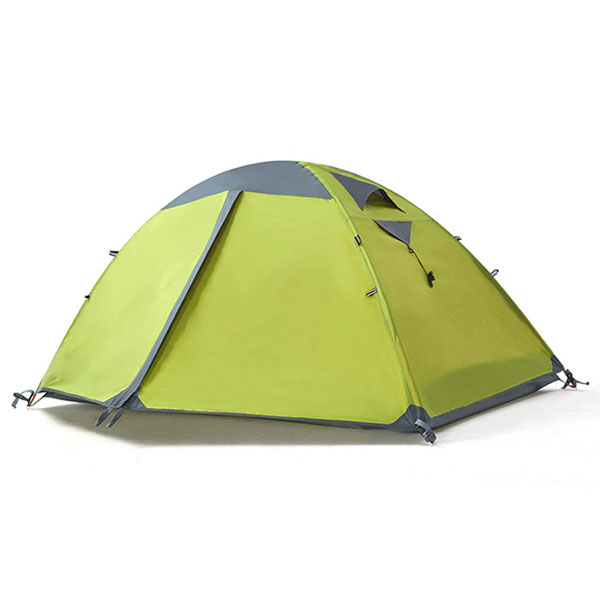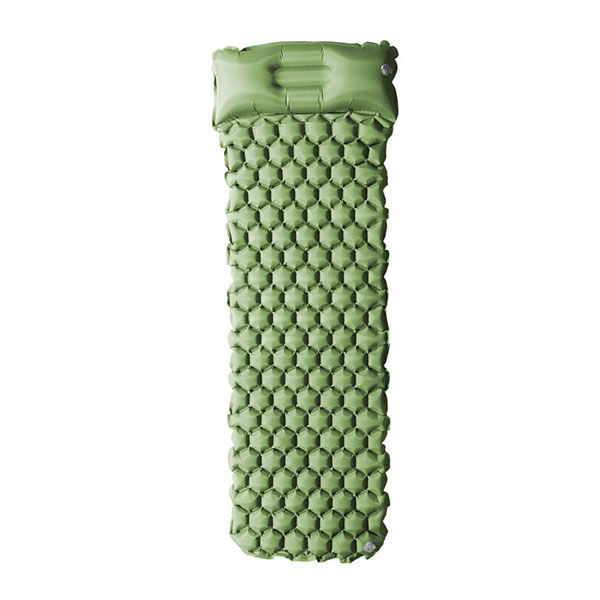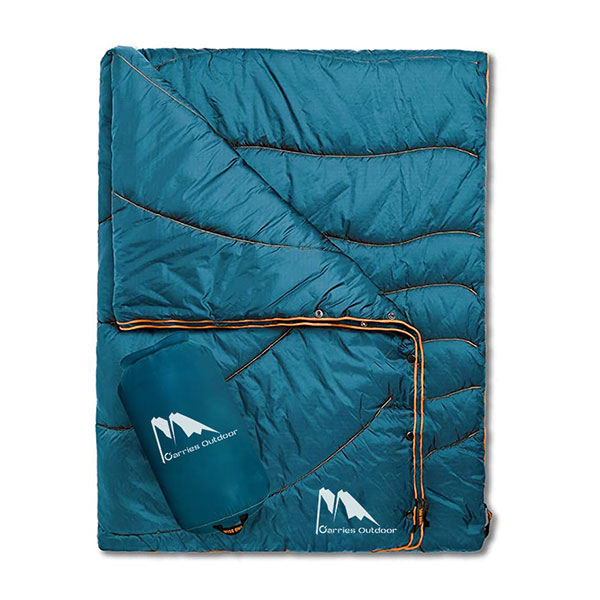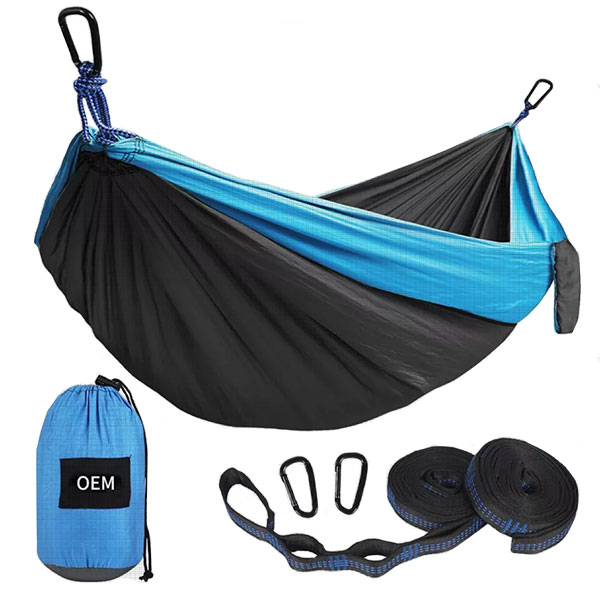Essential Fabrics for Sleeping Bags: A Guide to Materials and Performance
Quality Sleeping Bags Start with the Right Fabric – The material directly impacts comfort, durability, and thermal performance. Whether you're a hiker, camper, or outdoor adventurer, Kaisi, as professional suppliers for outdoor products, breaks down the features of different sleeping bag fabrics to help you make the perfect choice.
Common Sleeping Bag Fabrics
1. Nylon
Nylon is one of the most popular sleeping bag fabrics due to its lightweight, durable, and water-resistant properties. Ripstop nylon, in particular, is widely used for its tear- and abrasion-resistant properties, making it ideal for outdoor adventures.
2. Polyester
Polyester is another common choice, known for its moisture-resistant and breathable properties. Unlike nylon, polyester dries quickly and does not absorb water easily, making it ideal for wet conditions.
3. Cotton
While cotton is not commonly found in modern sleeping bags, it is sometimes used in budget or warm-weather sleeping bags due to its soft, breathable properties. However, cotton absorbs moisture well and takes a long time to dry, making it less suitable for cold or wet conditions.
4. Waterproof and breathable fabrics (polyester, polyester sponge)
High-end sleeping bags may use advanced waterproof and breathable fabrics, such as polyester or polyester sponge. These materials can enhance air circulation and reduce the feeling of stuffiness. They have low moisture absorption and fast evaporation, so they can stay relatively dry even in humid environments, making them suitable for use in rainy days or humid areas. Even if they come into contact with water, they can dry quickly to reduce discomfort during outdoor activities.
5. Down-proof fabrics
Down sleeping bag manufacturers use tightly woven fabrics to prevent feather leakage. These fabrics are usually treated with a durable water repellent (DWR) coating to enhance waterproof performance.
Choose fabrics that suit your needs
Backpacking - choose lightweight and durable fabrics, such as ripstop nylon.
Camping in humid conditions - waterproof fabrics or polyester fabrics are better choices.
Ultralight backpacking - choose high-denier nylon or special lightweight materials.
Kaisi outdoor is a professional camping equipment manufacturer that provides a variety of high-quality sleeping bags. Tell us your needs and our professional sales staff will recommend the most suitable outdoor camping equipment for you.
Conclusion
The fabric of a sleeping bag can significantly affect its performance, weight, and comfort. Understanding the differences between nylon, polyester, and other exotic materials will help you choose the best sleeping bag for your outdoor adventures.
If you need advice for a specific climate or activity, feel free to contact me!











